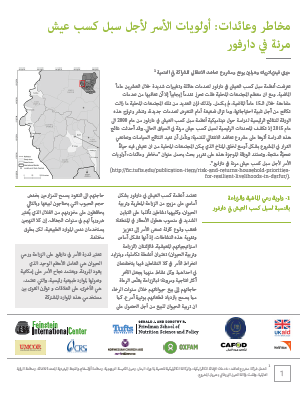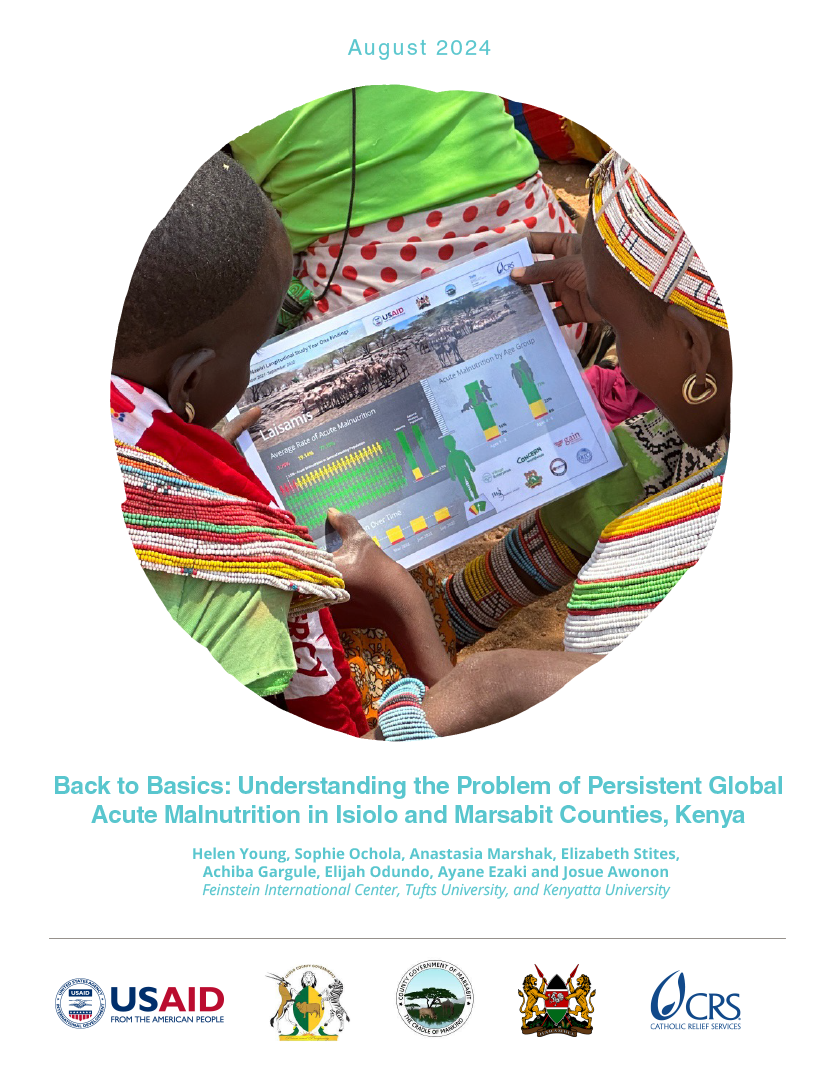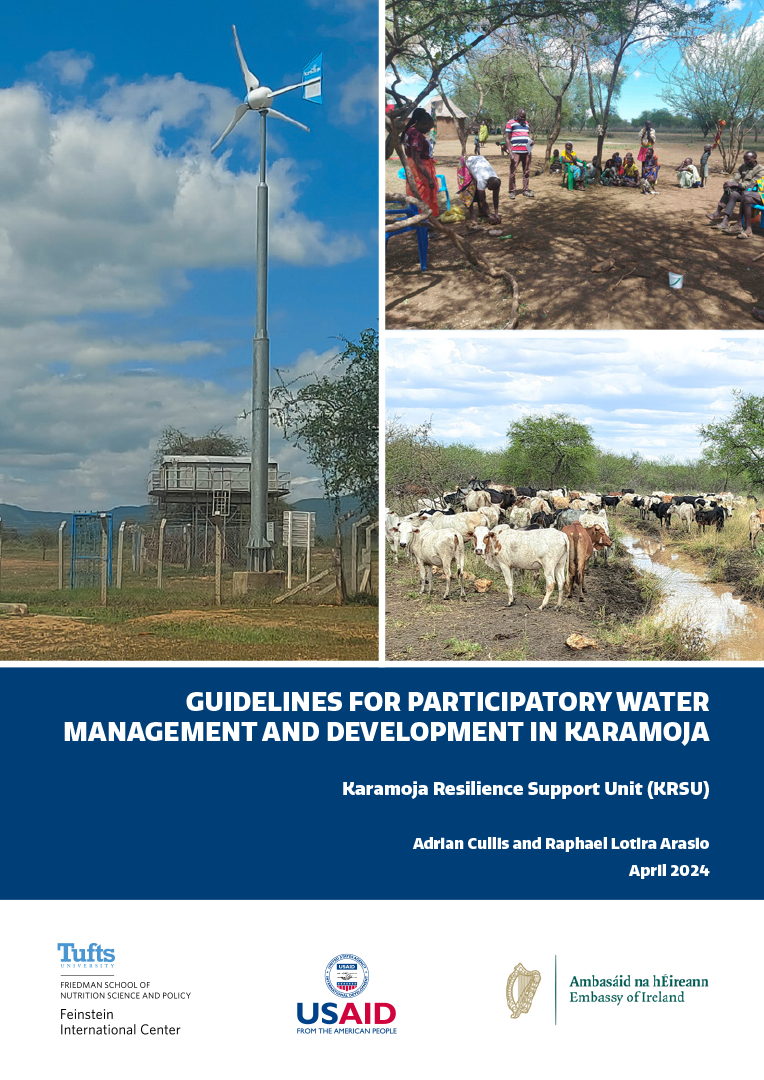Livelihood systems in Darfur have experienced massive shocks and extreme changes over the past two decades. Though most communities are making positive progress, their recovery from multiple shocks over the past 15 years is not complete. Therefore, many still struggle to meet their needs and remain vulnerable to new shocks. This paper shares the key findings from a study on the dynamics of livelihood systems in Darfur from 2000 to 2015, revealing the following key determinants of resilient livelihoods in the current context:
- Livelihood systems in the Darfur Region depend primarily on a combination of rainfed cultivation and raising livestock, both of which are uniquely adapted to the extreme rainfall variability in the region
- Rebuilding relationships is key to resilient livelihoods because cultivation and livestock rearing depend on shared resources
- Large markets are crucial sources of coping strategies during a shock when cultivation and livestock are insufficient to meet a household’s needs
- Communities are recovering, but most are still not resilient to common shocks
This is the Arabic version of a briefing paper. The English is available here.
The full report is available here.







